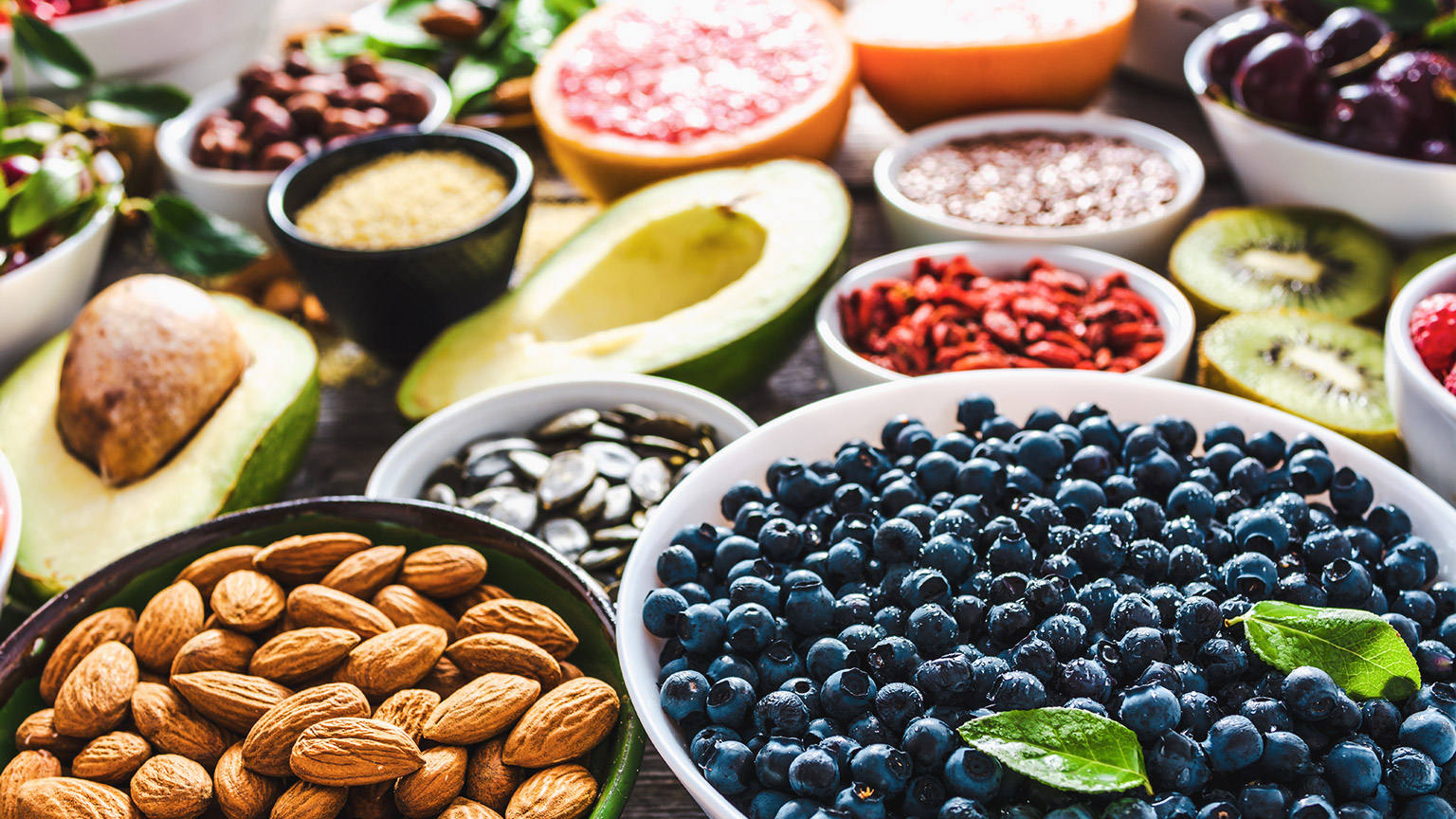This module expands upon your Level 4 New Zealand Certificate in Exercise course. Now that you have a broad understanding of the key nutrients and when to eat them in relation to exercise, it is time to dive deeper! This module revolves around the application of nutrition principles and eating guidelines to meet a number of contextual sports, exercise and health goals.
It will provide you with the latest thinking in nutrition from research and introduce nutritional strategies that will help you enhance your client's health and performance outcomes.
In this module, we will explore the following:
- Recap of key nutritional principles including:
- PT scope of practice with nutrition.
- how to find quality information online.
- Ministry of Health nutrition guidelines.
- nutrition approaches for different client goals.
- Hydration for health, sport and exercise.
- Preparation for sports performance.
- Micronutrients and supplementation for improved performance.
- Weight loss strategies.
Topics will cover the latest research-based findings, and current recommendations and discuss the benefits and potential negative effects of each approach discussed. We will also be careful to stay within our area of expertise (scope of practice) and ensure that all relevant referral pathways for personal trainers with clients with particular needs are discussed and their roles differentiated.
In-text references can be found throughout the topics, along with a comprehensive list of sources listed in our summary topic. Use this if you want to independently verify if the information provided is evidence-based.
You should spend a total of 100 hours on this module. This includes time for reading and watching course content, completion of assessment tasks, and self-directed practice and evidence collation.
Remember, you decide how you want to manage your time. Set yourself goals so that you can complete your learning and assessments by the required week.
The fine print
This module combined with Module 1 (Exercise Science: Part A) to relate to numerous Graduate Profile Outcomes (GPOs) including:
- GPO 1: Design exercise programmes to the industry standard and implement advanced exercise options to enhance client performance.
- GPO 2: Provide appropriate referrals and follow-up actions to address nutritional requirements as part of personalised exercise prescription
- GPO 3: Integrate a broad range of health and wellness factors into an extended exercise intervention programme to meet client goals and objectives.
It supports learning Outcome (LO):
- LO 1: Link the principles of exercise science and nutrition to key physical activities and exercise options when forming exercise programmes
- LO2: Interact, engage, and use appropriate evidence-based nutritional resources for the development of a health improvement plan and referral
- LO5: Apply concepts and theories of exercise science and nutrition in developing exercise programmes which will positively influence health benefits, injury risk and complications for both symptomatic and health individuals.
To ensure a smooth learning experience, we suggest starting this module and assessment tasks at specific weeks.
Nutrition is quite a theoretical module. There will be some new terminology and theory that you will have to learn. You'll engage with a blend of reading materials, videos, and audio resources to grasp the content. Moreover, hands-on case study tasks will let you put theory into practice, ensuring you've absorbed the core concepts before assessment.
This module incorporates many interactive activities with instant feedback to improve your recall and check your understanding frequently. You may wish to create your own glossary or flashcards to practice key terms.
Self-directed practical learning can be helpful for understanding nutritional concepts. It is also useful to try some of these concepts out yourself before trying them on others. This will help you understand any difficulties that may present in terms of adherence, cost or motivation before you advise clients to try a nutritional approach. Progression and milestones
To ensure a smooth learning experience, we suggest starting this module and assessment tasks at specific weeks.
Assessment and milestones
There are four (4) case study assessments to complete for this module:
- Assessment 2 A: (Hydration Case Study),
Start this assessment at the beginning of week 12, due at the end of week 12. - Assessment 2 B: (Performance Nutrition Case Study),
Start this assessment at the beginning of week 13, due at the end of week 13. - Assessment 2 C: (Micro-nutrient and Supplementation Case Study),
Start this assessment at the beginning of week 14, due at the end of week 14. - Assessment 2 D: (Weight Loss Case Study),
Start this assessment at the beginning of week 15, due at the end of week 15.
Each assessment should be completed using the learning you have covered that week, i.e. At the beginning of week 12 you will learn about hydration. You should then submit your completed assessment by the end of that week.
All assessments are case study orientated and will not require you to find actual clients. All assessments are open book, and you should allow 60 minutes for their completion.
Keep it social
Remember to connect with other students. There is a Q&A Discussion Board for this module.
This Pre-check activity is designed to gauge your current knowledge and understanding of the upcoming topics before we dive into our learning journey.
Take your time, answer to the best of your abilities, and don't worry if you're unsure of some answers. This will help you keep track of your progress and see how much you've learned by the end of this module. Let's get started...
